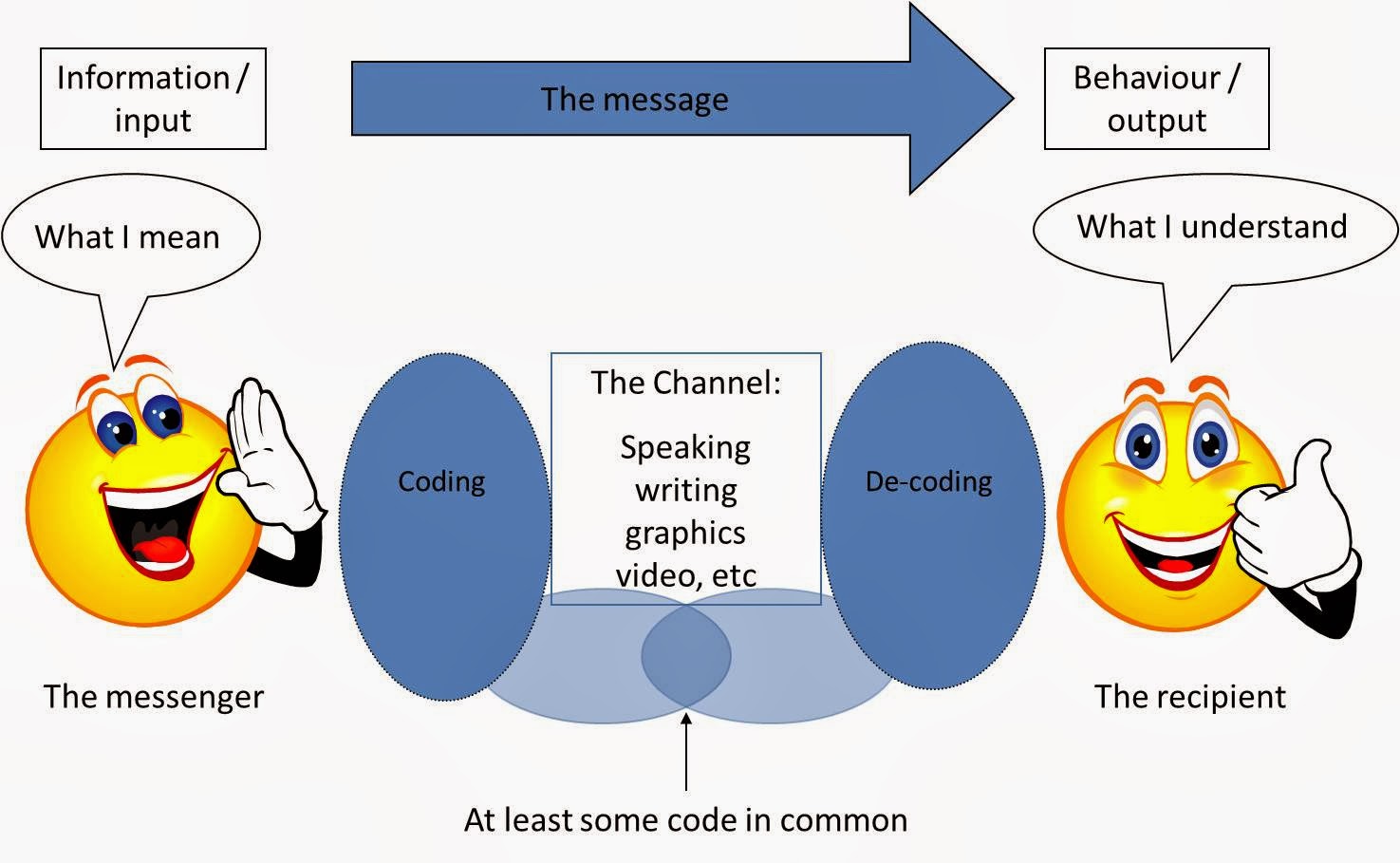Savitribai Phule and Her Educational Thoughts
Savitribai Phule and her husband, Jyotirao Phule, pioneered the Indian social reform and education movements, especially during the 19th century. Their work primarily aimed to uplift the marginalised sections of society, especially women and the so-called lower castes. Savitribai, as one of India's first female teachers and educationalists, had unique insights into education. Here's a summary of her educational philosophy:
- Education
for All:
- Philosophy:
Savitribai firmly believed in the right to education for everyone,
irrespective of gender or caste.
- Implication:
Ensuring inclusivity and equal opportunity in the educational domain.
- Illustration:
Establishing schools in regions with marginalised communities and
ensuring admission policies that don't discriminate based on gender or
caste.
- Empowerment
Through Education:
- Philosophy:
She saw education as a means of empowering the oppressed, especially
women and the downtrodden.
- Implication:
Focus on creating an educational environment that fosters self-worth and
confidence.
- Illustration:
Curriculum that includes stories of successful individuals from
marginalised backgrounds, emphasising the importance of resilience and
perseverance.
- Practical
and Relevant Curriculum:
- Philosophy:
Education should be relevant to the socio-economic challenges the students face.
- Implication:
The curriculum should be designed considering the students' socio-economic background.
- Illustration:
Vocational training or life skills that help marginalised students secure jobs or become entrepreneurs.
- Moral
Education:
- Philosophy:
Education isn't just about academic knowledge and instilling
good values and morals.
- Implication:
Incorporate moral lessons and values in the education system.
- Illustration:
Storytelling sessions or moral science classes emphasising
honesty, integrity, and compassion.
- Fostering
Critical Thought:
- Philosophy:
Education should encourage students to question and challenge established
norms, especially those perpetuating discrimination.
- Implication:
Foster an environment that values questioning and critical thinking.
- Illustration:
Debates or discussions on societal norms, caste systems, and gender roles encourage students to think critically.
- Role
of the Educator:
- Philosophy:
Savitribai believed that teachers have a pivotal role in shaping young
minds, especially in inculcating values of equality and justice.
- Implication:
Teacher training should emphasise these values.
- Illustration:
Training modules that cover egalitarian principles, the history of social
reform, and the importance of inclusivity in classrooms.
- Education
as a Tool for Social Reform:
- Philosophy:
She saw education as a potent tool for societal change, especially for
tackling deeply ingrained prejudices.
- Implication:
The education system should be leveraged for broader social reform.
- Illustration:
Community outreach programs initiated by schools to spread awareness
about the ills of caste discrimination or the importance of gender
equality.
- Encouraging
Female Educators:
- Philosophy:
Savitribai, among the first female teachers in India, advocated for
more women in education.
- Implication:
Promote and support women who wish to take up teaching as a profession.
- Illustration:
Scholarships or incentive programs for women who want to undergo teacher
training.
The legacy of Savitribai Phule is immense. Her emphasis on
inclusivity, social reform through education, and empowerment remains a guiding
beacon for educators and policymakers. The schools she started with her husband
in Maharashtra were some of the first in India to be open to all, irrespective
of caste or gender, exemplifying her philosophy in practice.


Comments
Post a Comment